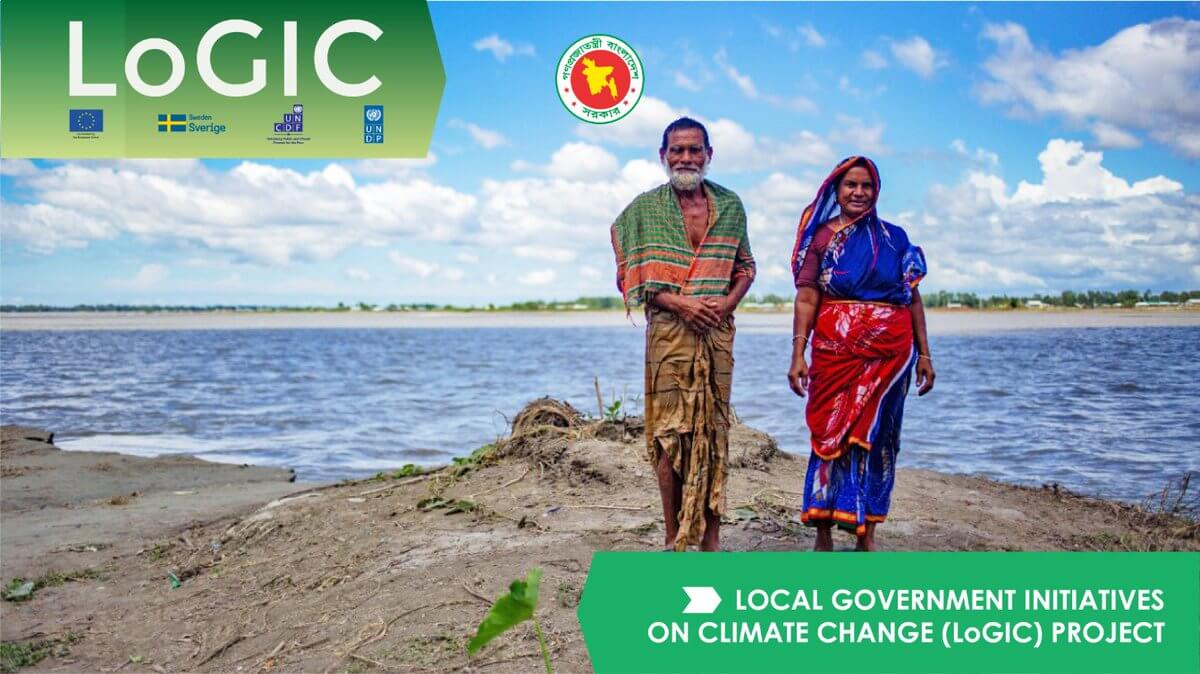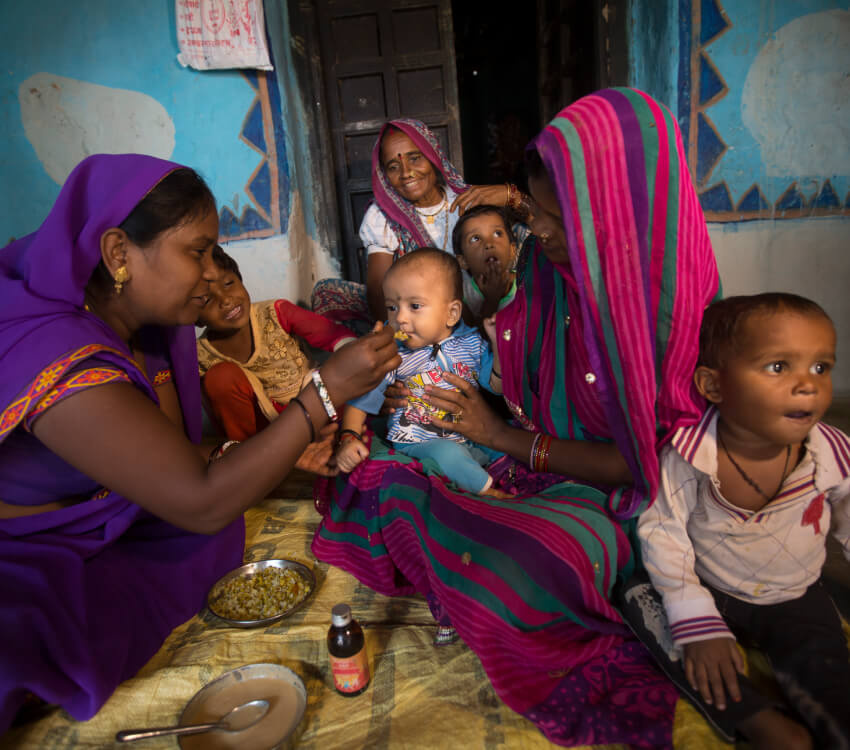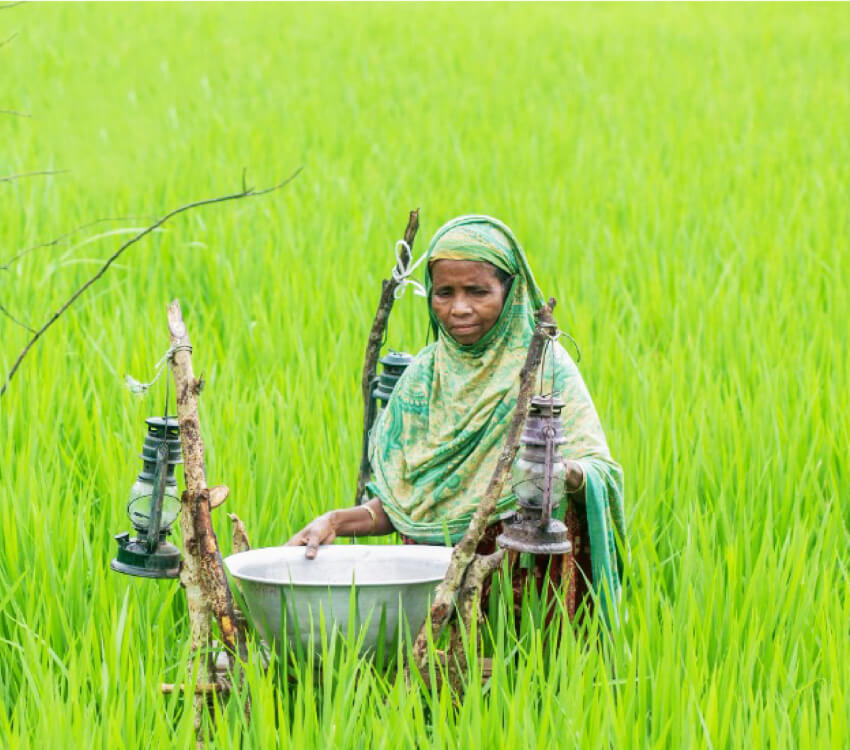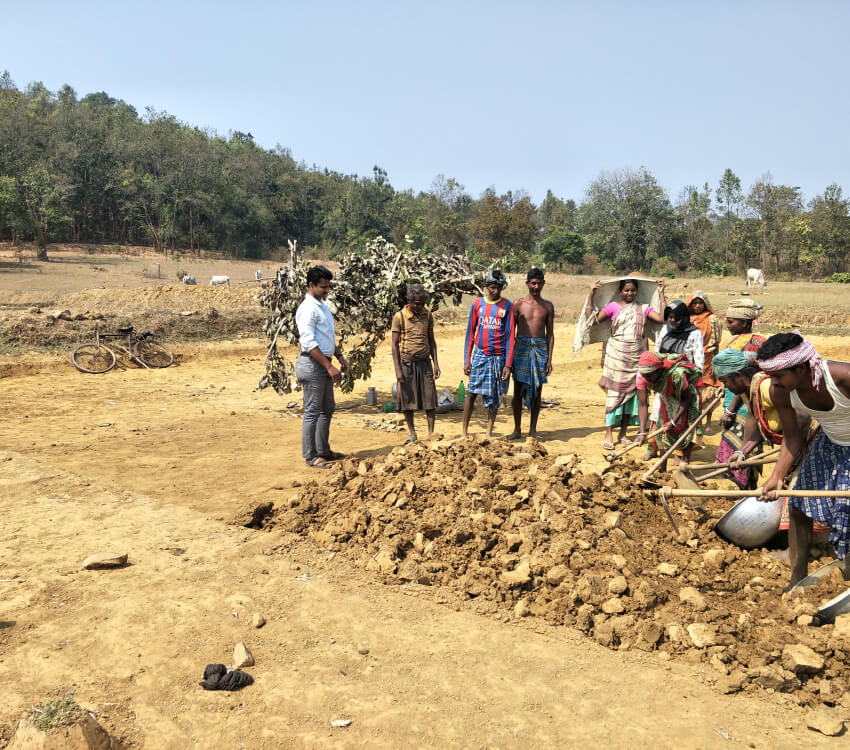REVIVE aims to address the livelihood crisis perpetrated by Covid-19. It aims to provide a no-interest returnable grant (RG) to the Bottom of the pyramid population, focusing on women whose lives and livelihood was affected due to pandemics – with loss of job and income. The loan’s primary recipients will be women entrepreneurs, self-employed persons, farmers, and kiosk owners.
We have been conducting the Impact Evaluation for REVIVE driven by a theory-based approach taking into account the Theory of Change (ToC) using a Quasi-Experimental Matching Technique. The evaluation also incorporates gender perspectives as a cross-cutting criterion. Specifically, we are capturing all questions that interrogate the dynamics of gender exclusion at the micro-level (i.e. for end clients of RG services), the cohort level or meso level power structures (e.g. representation of women within the cohort), and finally at the level of network partner (whether network partner promotes women economic and social empowerment). We are assessing the impact of RG on end recipients in terms of the revival of their incomes and livelihood. In addition to attribution analysis, the programme’s cost-efficiency and cost-effectiveness analysis is also being undertaken.


















